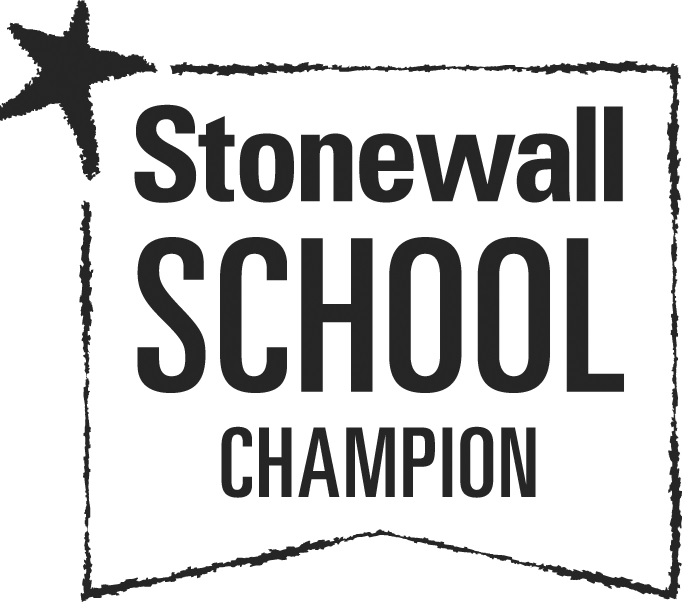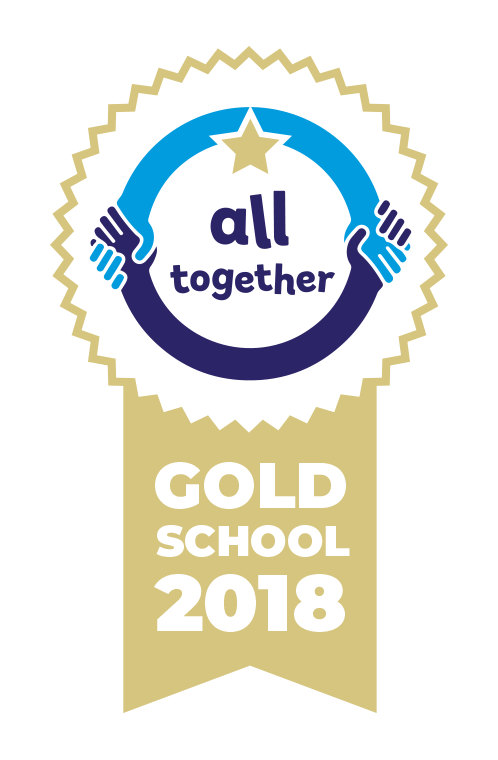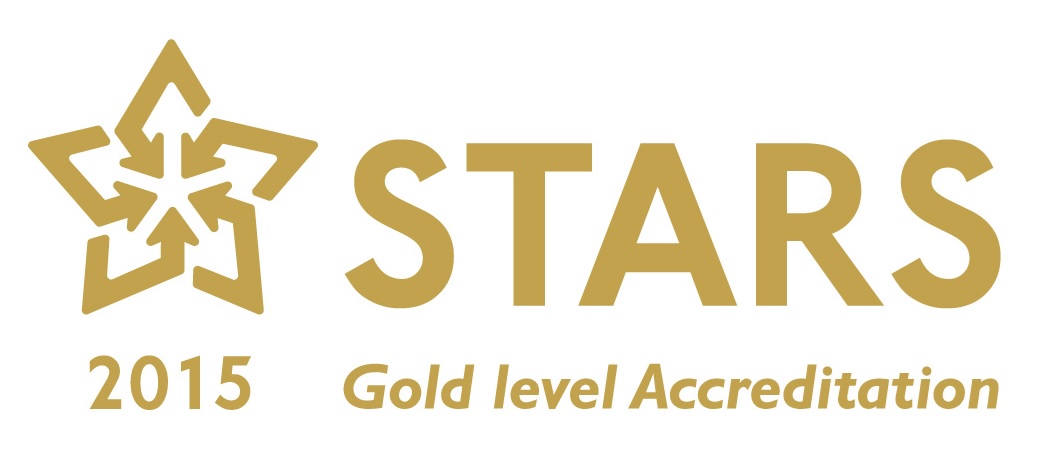British Values
Promoting British Values at Belmont Junior School
At Belmont Junior School, we are incredibly fortunate that our pupils, families and staff represent a diverse range of backgrounds, providing a fantastic opportunity for continued appreciation of our diversity and chance to understand and celebrate our differences. We view our community as a family. ‘Like a family, we are united and we support and help each other. We understand that we can achieve more when we are a team working together.’
The Department for Education states:
“There is a need to create and enforce a clear and rigorous expectation on all schools to promote the fundamental British values.”
“The social development of pupils is shown by their acceptance and engagement with the fundamental British values of:
- democracy,
- the rule of law,
- individual liberty and
- mutual respect and tolerance of those with different faiths and beliefs;
the pupils develop and demonstrate skills and attitudes that will allow them to participate fully in and contribute positively to life in modern Britain.”
Therefore, pupils should be taught British Values in order to:
- Enable students to develop their self-knowledge, self-esteem and self-confidence
- Enable students to distinguish right from wrong and to respect the civil and criminal law of England
- Encourage students to accept responsibility for their behaviour, show initiative, and to understand how they can contribute positively to the lives of those living and working in the locality of the school and to society more widely
- Enable students to acquire a broad general knowledge of and respect for public institutions and services in England
- Further tolerance and harmony between different cultural traditions by enabling students to acquire an appreciation for and respect for their own and other cultures
- Encourage respect for other people, and
- Encourage respect for democracy and support for participation in the democratic processes, including respect for the basis on which the law is made and applied in England.
Our school promotes British values in all that we do. Our vision statement clearly captures the promotion of British Values in our aim to provide ‘Learning for Life’ by preparing our children to thrive in an ever-changing and fast-paced world. In doing so, we equip them with the skills and resilience to adapt and succeed whatever the future holds. We want our children to help to make the world a better place as kind, caring and responsible citizens who celebrate society’s diversity. We want everyone to understand that they can make a positive difference to the world they inhabit and to enjoy all that life has to offer.
Our curriculum includes British Values & Social, Moral, Cultural and Spiritual (SMSC) objectives throughout, nurturing the education of pupils and supporting them to become responsible and thoughtful citizens in our local community, nationally and globally both now, and for the future.
At Belmont Junior School, we care deeply about actively promoting British values in the following ways:
Democracy
- Pupils experience the process of democracy by voting for ‘communication representatives’ for their ‘smart class council’ every year – we set up voting booths in the hall and give children the chance to make a speech to the class about their aims and skills
- Pupils are encouraged to share their views about how the school can be improved – we regularly hold class council discussions and ‘snow ball’ votes ensuring that every single child has a voice and that they consider the differing opinions and perspectives of others (not just elected council representatives as is often the case with the traditional school council model)
- Pupils are consulted in formulating ‘child friendly’ school policies
- Every pupil answers a ‘wellbeing’ survey at the start and end of the academic year to give their opinion on key themes
- Pupils support each other during lunchtime through newly launched peer mediation scheme and ‘junior citizen programme’ assigning key responsibilities to Y6 pupils
- PSHE/SMSC curriculum specifically addresses concepts of diversity, fairness, equality, democracy, debate
- Whole school assembly themes centre on SMSC objectives, including principles of democracy and rights and responsibilities, linking to United Nations resources
- Organise local MP and Police visits to promote understanding of public institutions and democratic process
- Pupils take part in after school clubs to promote the expression of their interests and talents, including Debate Club and interschool debates where the house discusses controversial issues, enabling the children to voice differing opinions, formulate new views, listen respectfully and reach compromise
The Rule of Law
- Clear positive behaviour policy which helps pupils to make good choices about their behaviour
- Our ‘Belmont Charter’ represents the ethos and expectations for the school, promoting a harmonious, happy environment where all pupils feel safe
- Class rules are co-constructed with pupils and agreed to at the start of every year
- Pupils are helped to distinguish right from wrong, in the classroom, during assemblies and in the playground, and are guided to reflect on the consequences of their actions, especially in the way that they may have made others feel. This is supported by a ‘Restorative Justice’ and ‘Emotion Coaching’ approach to behaviour management, for which staff receive training through Haringey’s Anchor Project
- Daily reflection sessions with senior leaders to promote emotion coaching approach to improving pupils’ behaviour – ‘identify emotion, validate emotion, consider consequences and ways forward’, including any need for mediation or reparation
- Pupils are taught to understand and respect the rule of law by liaising with public services through visits to/from emergency service representatives, including the Met police, gang workers and the fire brigade with whom discussion about rules, rights and responsibilities is critical
- Full programme of workshops with external agencies to support pupils to engage with their rights and responsibilities, including criminal age of responsibility, awareness around consent, domestic abuse, honour based violence, cyber-bullying, hate crime and requirements of the Equality Act, personal/online safety, road safety and that FGM is a crime
- Rigorous investigation, reporting and monitoring of any alleged bullying incidents, in line with best practice guidelines from NCB and Anti-Bullying Alliance – we are proud holders of the Gold ‘All Together Award’ from the AB Alliance
- Attendance monitored rigorously and rewarded through partnership with Aquinas Foundation to ensure children access their legal right to an education
Individual Liberty
- Pupils are actively encouraged to make choices and exercise their personal freedoms, knowing that they are in a safe and supportive environment. As a school, we provide boundaries for our pupils to make informed choices
- Promote self-responsibility, self-awareness and resilience, in particular by delivering a series of research approved ‘Growth Mindset’ lessons every year to every year group
- Anti-bullying policy promoted through class council discussion and themed ‘Inclusion’ week
- PSHE/SMSC curriculum includes specific focus on making safe choices, building healthy relationships and knowing where to get help
- Feelings boxes available around school as an accessible mechanism for all children to seek help
- Beginning our journey to become a ‘Rights Respecting School’ – our PSHE curriculum and assembly themes link directly to the United Nations ‘Rights of the Child’ and a range of model citizens such as Malala, Nelson Mandela, Mahatma Ghandi, Martin Luther King and Nobel Peace Prize winners who fought for individual liberty
- Entirely child-led annual ‘Go givers’ social action project completed - allowing pupils to pursue interest in a local community issue and lead an awareness/fundraising campaign to ‘make a positive difference’
- NSPCC partnership & Childline materials used to emphasise children’s rights over their bodies
- Online safety integral part of all computing lessons and addressed in bespoke workshops with police and external agencies, for both pupils and parents.
Mutual Respect
- Mutual respect is at the heart of Belmont’s vision and values. We promote a ‘generosity of spirit’ from all members of our community, meaning ‘we treat everyone with the respect we expect to see bestowed on ourselves. We show concern for others’ feelings and are honest, fair and kind towards everyone. We take responsibility for our own actions and make sure that we behave in a way that makes us proud.
- All pupils took part in consultation to create Belmont’s vision and values to ensure it represented how they wish to be treated in school
- Pupils learn that their behaviours have an effect on their own rights and those of others. All members of the school community treat each other with respect
- Charity fundraising events held to encourage respect for all, especially those less fortunate than ourselves, for example Children in Need Friendship Fair
- Assemblies and curriculum links regularly celebrate achievements of people from different backgrounds, for example Black History Month ‘Celebrating Excellence’, ‘Roald Dahl Day’, ‘No Pens Day’
- Create ‘cultural passports’ annually and display on a world map to celebrate the origins of our global family
- Delivery of Stonewall materials through our PSHE curriculum.
Tolerance of Those with Different Faiths and Beliefs
- Staff and pupils understand that they have a responsibility to challenge prejudicial or discriminatory behaviour
- Links with local faith communities and visits to places of worship are included in our curriculum and people from different faiths, backgrounds and cultures are invited to school to share their ideas in assemblies and in class
- Special books selected for every year group to ensure that children read a range of stories representing various backgrounds, faiths, cultures and experiences
- Our PSHE and RE curriculum consistently encourages pupils to discuss and celebrate differences and similarities between people, for example refugees, gender and religious festivals
- We offer a culturally rich and diverse curriculum in which all major religions are studied and appreciated.


 Tel: 020 8888 8261
Tel: 020 8888 8261 office@belmontjnr.haringey.sch.uk
office@belmontjnr.haringey.sch.uk






